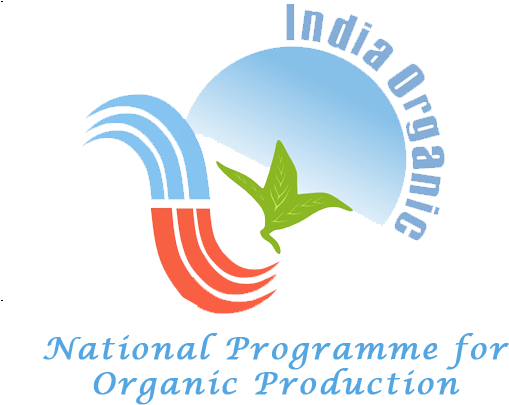The procedure for obtaining an organic farming certificate in India may vary slightly depending on the specific certification body or agency you choose to work with. However, the general steps involved in obtaining an organic farming certificate in India are as follows:
- Initial Assessment: Contact a recognized certification agency or body accredited by the Agricultural and Processed Food Products Export Development Authority (APEDA) or the National Accreditation Body for Certification Bodies (NABCB). They will guide you through the certification process and provide you with the necessary application forms and guidelines.
- Application Submission: Fill out the application form provided by the certification agency. The form usually requires details such as farm location, size, soil type, history of chemical usage, and crop/animal husbandry practices.
- Inspection: Once the application is submitted, the certification agency will conduct an on-site inspection of your farm. During the inspection, they will assess the compliance of your farming practices with organic standards. This includes examining soil health, crop rotation, pest management, water management, waste management, and record-keeping practices.
- Documentation and Record-Keeping: Maintain detailed records of all activities on your farm, including inputs used, production processes, sales, and any other relevant information. These records are essential for the certification process and should be readily available for inspection.
- Conversion Period: If your farm has been previously using conventional farming methods, there is usually a conversion period required before certification can be granted. This period allows for the elimination of chemical residues from the soil and the adoption of organic practices.
- Certification Decision: After the inspection and verification of records, the certification agency will review the findings and make a certification decision. If your farm meets all the organic farming standards and requirements, a certificate will be issued.
- Annual Inspections: Organic certification is an ongoing process, and certified farms are subject to regular inspections to ensure continued compliance with organic standards. The certification agency will conduct annual inspections to verify that your farm continues to meet the requirements.
It’s important to note that the specific requirements and procedures may vary depending on the certification agency or body you choose. It is advisable to contact the chosen certification agency directly to obtain the most accurate and up-to-date information regarding the certification process and any associated costs.



